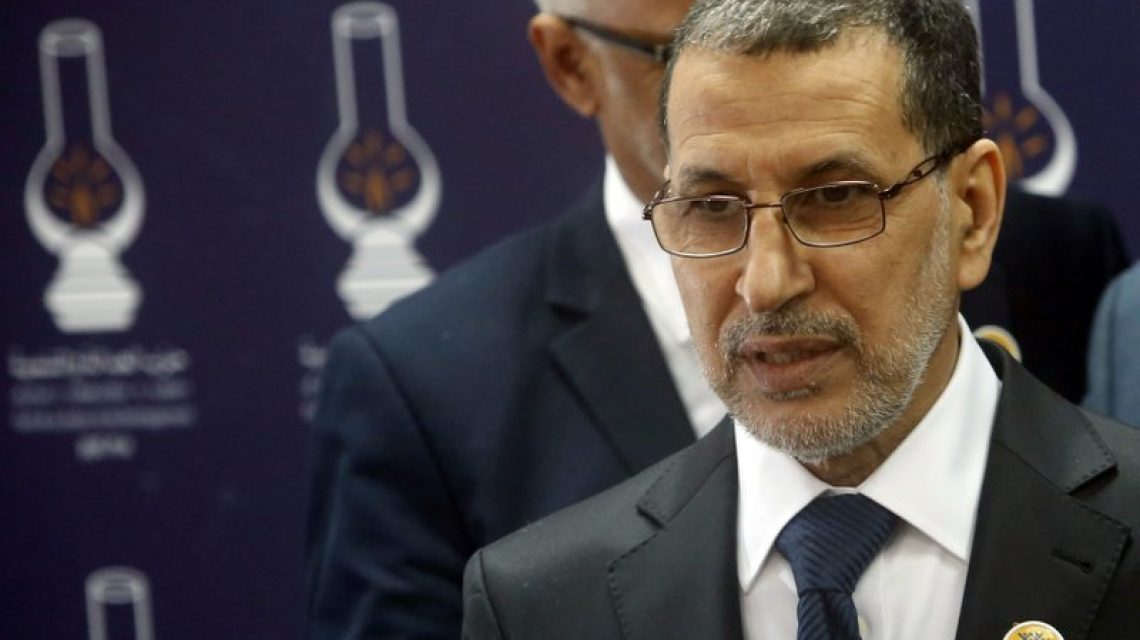The announcement on the 13th of August that Israel and the United Arab Emirates (UAE) were normalising diplomatic relations produced significant shock waves. The statement made by the UAE State Minister for Foreign Affairs, Anwar Gargash, surprised many observers, despite the fact that relations between the two countries have already improved significantly in the past few years due to the rise of Iran, perceived as a hegemonic power and a common threat.
The normalisation (apparently obtained in exchange for the suspension of the annexation plan proposed by the Israeli Prime Minister Benyamin Netanyahu) was hailed as the most meaningful result of the US foreign policy in the Middle East during the Trump administration, adding the UAE to Egypt and Jordan to the list of Arab States that officially recognize Israel.
In reality only at the beginning of September, when there will be official signature of the agreement, an official text should be available.
Washington, which actively mediated behind the scenes to obtain such a result, was also quick to build upon the historic event, putting pressure on Arab partners to join the UAE in forging formal ties with Israel. US Secretary of State Mike Pompeo immediately embarked on a regional tour, visiting Israel, Sudan, Bahrain, the UAE and Oman, while the US President’s son-in-law and special adviser Jared Kushner is also expected to visit Morocco and Saudi Arabia soon. US officials said that at least one other Arab state would follow UAE’s steps soon.
Nevertheless, reversing the decades-long policy of ostracising Israel without any meaningful progress in the peace process with the Palestinian authorities could prove difficult for many Arab countries, especially those where the rulers have religious legitimacy. The controversy surrounding the recent remarks of the Moroccan Prime Minister Saadeddine el-Othmani is a case in point. On the 23rd of August, during a meeting of the ruling Parti de la Justice et du développement (PJD) Othmani rejected any normalisation with Israel, saying that such a move would embolden it ‘to go further in breaching the rights of the Palestinian people’. However, a couple of days later, the Prime Minister backtracked, saying that he made his comment in his capacity as Secretary General of the PJD and not as Prime Minister.
Considering the Islamist roots of the PJD, Othmani’s initial statement is hardly surprising: for many Islamist parties and movements across the region the international recognition of Israel clearly represents a taboo. More interestingly, Othmani’s about-face confirms that the establishment of formal diplomatic ties with Israel remains a distinct possibility for the kingdom, which, considering the transactional approach of the current US administration to foreign policy issues, hopes to obtain reassurances over its claims on the Western Sahara in exchange.
Kushner’s visit could once again set in motion the triangulation between Israel, Morocco and the US, which, however, already hit a dead track at the end of last year [Facing sensitive requests, Morocco draws a red line, Umberto Profazio, Maghreb Strategic Trend, December 2019]. At the same time, it could create a new set of problems for the Alawite monarchy, igniting unrest in an already turbulent Maghreb, shaking the religious legitimacy of King Mohammed VI and deepening the regional rivalry with Algeria.


















